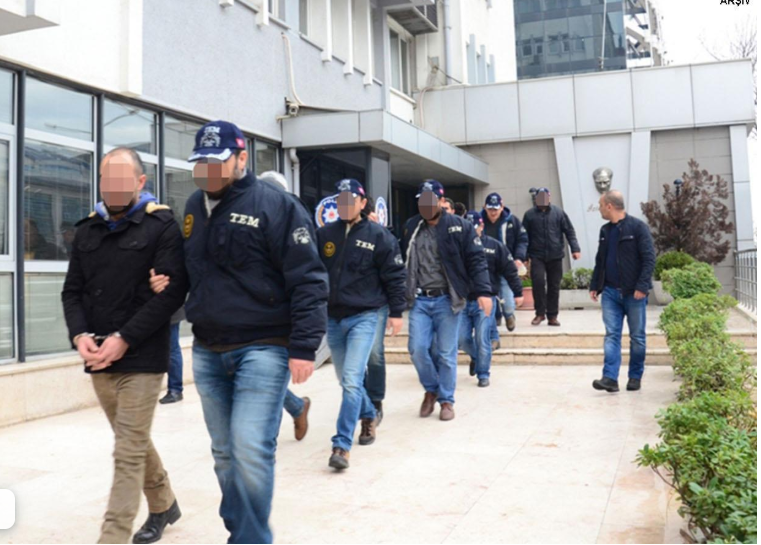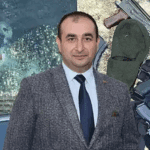Interior Minister Ali Yerlikaya announced that security units detained 91 suspects in coordinated operations across 30 provinces over the past two weeks, with criminal courts ordering 64 of them jailed pending trial. He posted the figures on X, saying the sweeps were carried out by the gendarmerie.
Yerlikaya’s post did not include a full charge sheet, but local coverage said the probes focus on alleged covert communication, financing, and propaganda activities tied to the faith-based Gülen movement. Cities cited among the hubs of the operation include İstanbul, İzmir, Trabzon and Bursa.
Payphones back in the spotlight
Rights monitors and legal analysts say many cases continue to rely on so-called “payphone investigations,” which use call-detail records rather than call content. Turkish prosecutors often infer that numbers dialed consecutively from the same public phone are organizational contacts; Turkey’s Supreme Court of Appeals (Yargıtay) has outlined criteria under which such records can be treated as evidence—calls outside business hours, periodicity (monthly/bi-monthly), and caller/recipient living in the same city. The authorities typically do not possess the audio content of the calls.
Security-aligned outlets and officials, for their part, say the network long used compartmentalized channels that included payphones alongside couriers, notes and encrypted apps—part of what Ankara describes as the group’s operational security.
A years-long crackdown
Ankara designated the movement a terrorist organization in 2016 after the failed coup—allegations the movement denies—and has pursued rolling waves of detentions since. On July 12, 2024, Justice Minister Yılmaz Tunç said 705,172 people had been investigated since 2016, with 13,251 then in prison either convicted or in pretrial detention on Gülen-linked charges. Those totals were published ahead of the coup anniversary and have likely risen since, amid continued nationwide operations. Turkish Minute
Fethullah Gülen died in the United States in October 2024 at age 83, an event that did not change official rhetoric in Ankara. Marking the ninth anniversary of the coup attempt this July, President Recep Tayyip Erdoğan vowed that the campaign against what the state calls “FETÖ” would continue “with the same determination, without slowing down.”
European court rulings on digital evidence
The European Court of Human Rights ruled in the Grand Chamber’s Yalçınkaya v. Türkiye judgment (Sept. 26, 2023) that Turkey violated the rights to a fair trial, no punishment without law, and freedom of association when securing a conviction based decisively on the ByLock messaging app. The Court characterized the problems as systemic and said general measures were needed—context that continues to shadow digital-evidence-heavy prosecutions. ECHR
Associated coverage noted the ruling’s implications for thousands of similar cases and reported the government’s criticism of the Court’s approach, underscoring a continuing gap between Ankara’s posture and European jurisprudence. AP News
What happens next
Under Turkish procedure, pretrial jailing (“tutuklama”) decisions can be appealed, and prosecutors typically seek extended detention while drafting indictments in complex, multi-province investigations. The Interior Ministry and provincial authorities regularly announce new waves—this latest set of operations follows similar sweeps throughout September.



